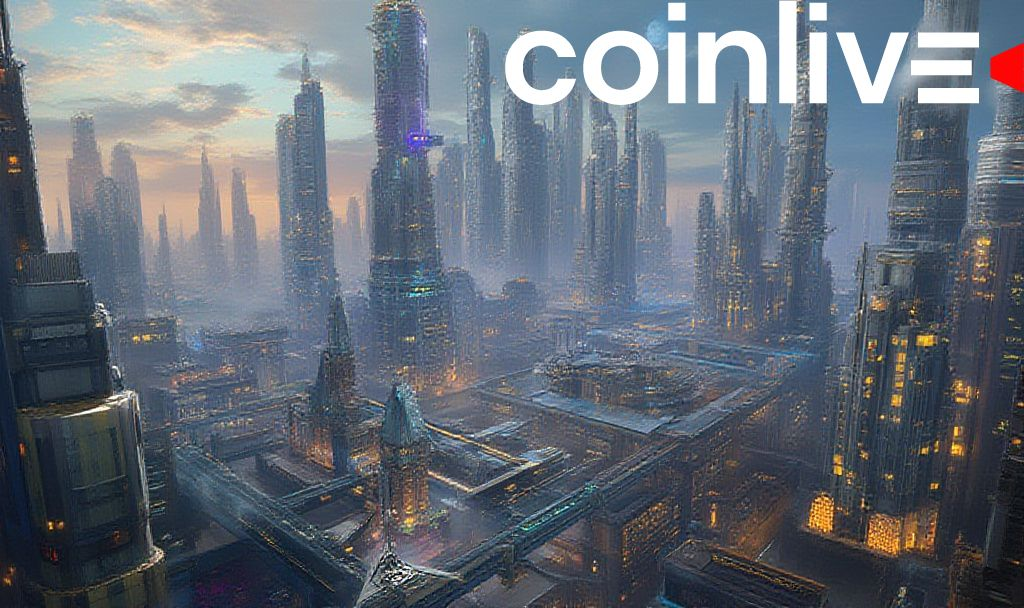- Solana Foundation’s Delegation update enhances validator incentives for decentralization.
- Policy changes target self-sustaining validator community.
- KOLs describe updates as potentially bullish for SOL.

The Solana Foundation’s new changes emphasize delegation reductions to ensure improved validator operations and network security.
Solana Foundation’s Delegation Program
The Solana Foundation’s Delegation Program shifts the network towards decentralization by decreasing reliance on foundation staking. Major validators must now attract external stake, with limitations on matched Foundation delegation. The policy aims to cultivate competitive operations.
Endorsements and Impacts
Key industry leaders, including Ben Hawkins from Solana Foundation and Mert Mumtaz from Helius Labs, endorse the initiative, viewing it as a pivotal step. The update is anticipated to impact SOL positively, fostering a stronger ecosystem.
“We’re committed to fostering a self-sustaining, competitive validator community. Removing nodes that haven’t proven their commitment to Solana, both in uptime and personal stake, will prompt all operators to invest in their own infrastructure and stake outreach.” – Ben Hawkins, Head of Staking Ecosystem, Solana Foundation
The new criteria require validators to possess at least 1,000 SOL in external stake. While this could lead to validator churn, the community perceives the move as reinforcing Solana’s network resilience. Over time, market observers expect increased decentralization to benefit SOL’s valuation.
Historically, SOL has reacted well to such adjustments, signaling confidence in foundation-driven frameworks. Validator operators and tech analysts forecast further growth aligned with decentralization strategies. This shift is observed as a potential model for other networks aiming for robust stakeholder participation.








